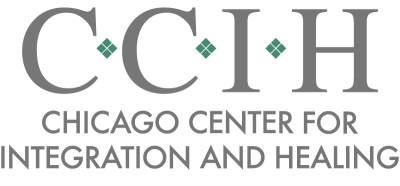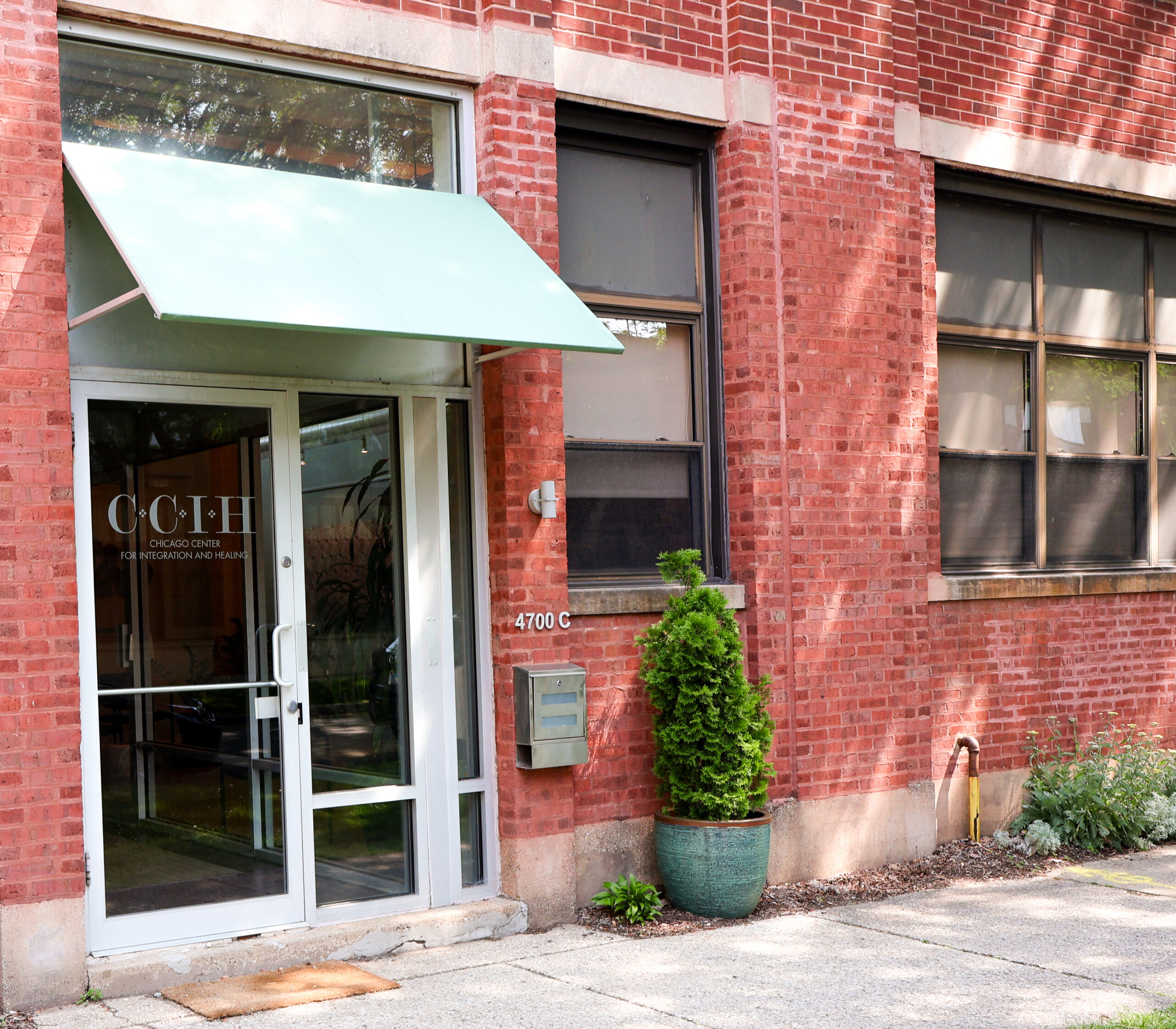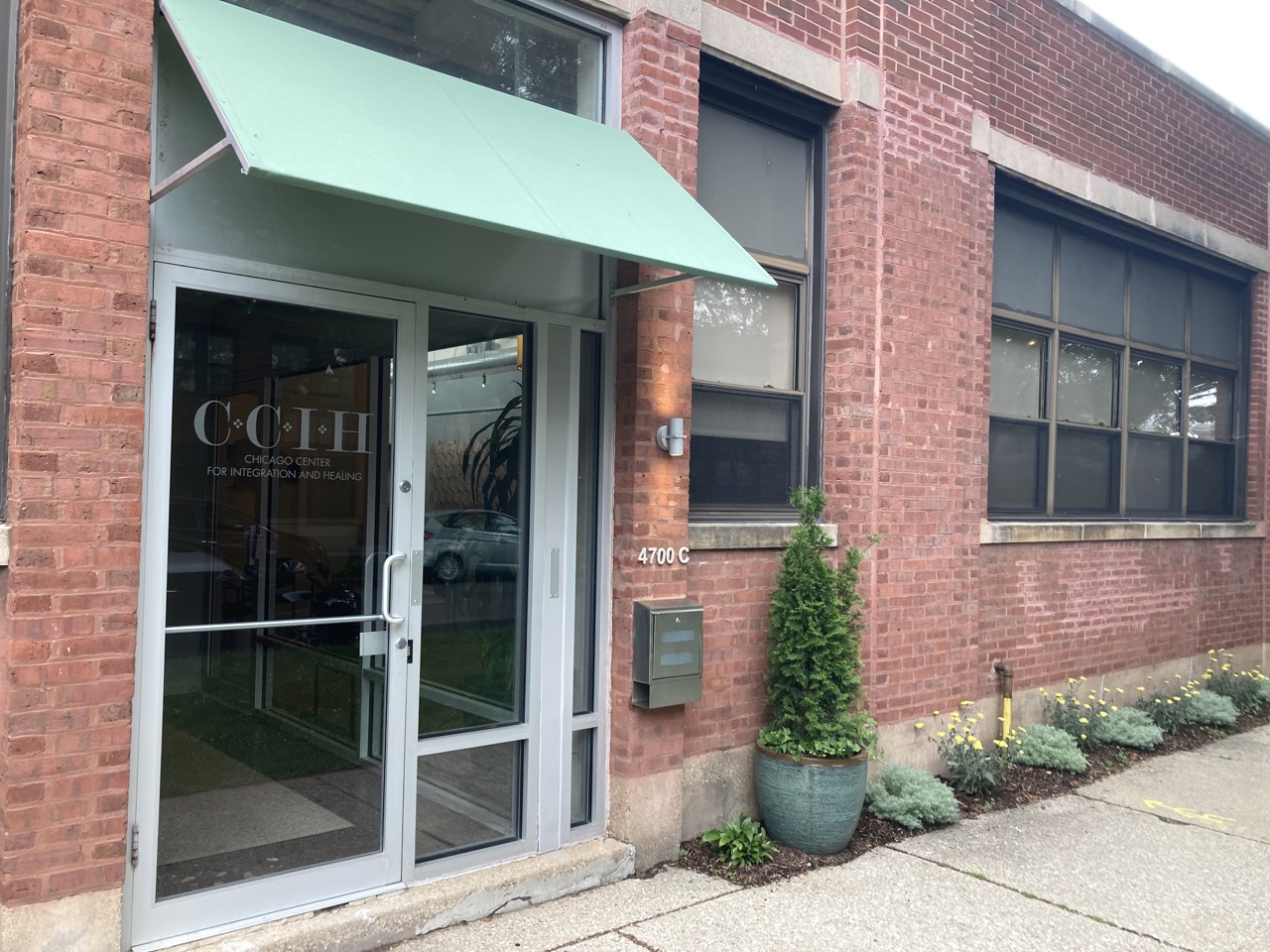At CCIH our work with clients and our professional development is grounded in four essential concepts: an Integrated Approach, an Anti-Oppression Lens, the Therapist Experience, and Community Formation. In this series, CCIH Director Amy Zajakowski Uhll expands on each of these concepts and why we believe they are necessary for effective trauma-informed treatment.
______________________________________
As therapists, we cannot deny that what happens outside our offices impacts the work we do inside. Differences in power, identity and social location impact our daily work. At CCIH, we are committed to the ongoing journey of creating an anti-oppressive practice and believe that the explicit integration of an anti-oppressive lens is an essential component of trauma-informed treatment.
Traumatic wounding is not only potentially part of someone’s history, it may also be part of their ongoing present. Systems of oppression– such as racism,misogyny, anti-fat bias, homophobia, transphobia and ableism–create harm, impact individuals and their relationships, and diminish central nervous system regulation in a real and measurable way. Contacting and naming the impact of oppression through the patient’s life story is a crucial component of a trauma-informed approach. Trauma-informed therapists must maintain awareness of the causes of suffering we see in our clients. Trauma creates harm and harm creates suffering. Anxiety and depression don’t just descend out of nowhere and are not the result of some random “chemical imbalance.”
In addition to interrogating our own implicit biases, we must challenge the biases in our field.
Despite decades of advocacy by trauma experts, our current DSM does not offer a diagnosis of Complex or Developmental Trauma–even though that is what many of us treat every day. PTSD and Acute Stress Disorder are the only diagnoses that acknowledge the person has been hurt in some way; even Adjustment Disorder implies that the way one is responding to stress is pathological. The financial structures on which our for-profit healthcare system is built create inequity in access to care. Lack of public funding for mental health care and barriers imposed by private insurance companies often make it impossible to obtain care for those who most need it. Our current “evidence based” models of treatment often include research that has excluded the experience of people of color and other marginalized communities, thus creating treatment models that replicate harm.
In order to consider ourselves trauma-informed, we must commit to the ongoing practice of engaging with the traumatic impact of oppression on ourselves, our clients, our profession, our communities, and our world.
References:
Roberts, et al. (2020) Racial Inequality in Psychological Research: Trends of the Past and Recommendations for the Future. Perspectives on Psychological Science. https://journals.sagepub.com/doi/pdf/10.1177/1745691620927709
Sanders, Laura. (February 12, 2023). A chemical imbalance doesn’t explain depression. So what does?. Science News. https://www.sciencenews.org/article/chemical-imbalance-explain-depression
Photo Credit: https://unsplash.com/@wisdomsky








